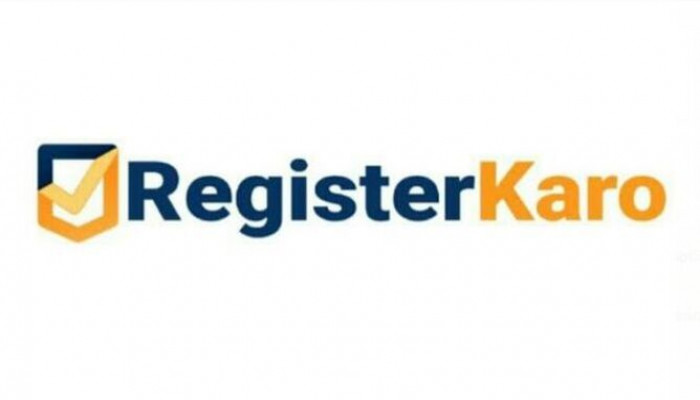 Launch apps instantly. Claim $200 credits on DigitalOcean
Launch apps instantly. Claim $200 credits on DigitalOcean
A Comprehensive Guide to Section 8 Company Registration
Written by Shabana Ansari » Updated on: March 21st, 2024

In the realm of business, there exist various legal structures, each tailored to meet specific objectives and serve distinct purposes. One such structure gaining traction for its altruistic motives and social impact is the Section 8 Company. If you're contemplating establishing a Section 8 Company, you've landed in the right place. In this guide, we'll delve into the intricacies of Section 8 Company registration, shedding light on its significance, process, and benefits.
Understanding Section 8 Company Registration
A Section 8 Company, as per the Companies Act, 2013, is formed for promoting commerce, art, science, sports, education, research, social welfare, religion, charity, protection of the environment, or any such other objectives. Unlike other business entities, the primary focus of a Section 8 Company lies in promoting charitable activities, with profits, if any, utilized solely for the advancement of its objectives.
Why Opt for Section 8 Company Registration?
Legal Recognition and Credibility
Registering as a Section 8 Company grants legal recognition, instilling credibility in the eyes of stakeholders, including donors, beneficiaries, and regulatory authorities. This recognition enhances trust and facilitates smoother operations, essential for fostering collaborations and garnering support for charitable endeavors.
Tax Exemptions
Section 8 Companies enjoy several tax benefits, including exemptions on income tax, provided the profits are utilized towards the company's objectives. Such exemptions encourage philanthropy and incentivize individuals and organizations to contribute towards societal welfare without the burden of hefty tax liabilities.
Perpetual Succession
One of the key advantages of Section 8 Companies is their continuity despite changes in membership or management. The concept of perpetual succession ensures that the organization's charitable activities remain uninterrupted, safeguarding its legacy and impact over the long term.
Step-by-Step Guide to Section 8 Company Registration
1. Selection of Name
Choose a unique name for your Section 8 Company, ensuring it aligns with the objectives and complies with naming guidelines prescribed by the Ministry of Corporate Affairs (MCA). Conduct a thorough search to ensure the proposed name is not already in use and does not infringe upon existing trademarks.
2. Memorandum and Articles of Association (MOA & AOA)
Draft the Memorandum of Association (MOA) and Articles of Association (AOA) outlining the company's objectives, rules, and regulations governing its operations. Ensure compliance with the format specified under the Companies Act, 2013, and incorporate provisions relevant to Section 8 Companies.
3. Obtaining Digital Signature Certificate (DSC)
Procure Digital Signature Certificates (DSC) for the proposed directors and subscribers of the Section 8 Company. DSCs are essential for digitally signing documents filed with the Registrar of Companies (RoC) during the registration process.
4. Director Identification Number (DIN)
Obtain Director Identification Numbers (DIN) for all proposed directors of the Section 8 Company. DIN is a unique identification number issued by the Ministry of Corporate Affairs (MCA) to individuals intending to serve as directors of registered companies.
5. Application for License
Submit an application for obtaining a license under Section 8 of the Companies Act, 2013, along with the necessary documents, including MOA, AOA, and details of directors and subscribers. The application must be filed electronically through the MCA portal.
6. Scrutiny and Approval
Following the submission of the license application, the Registrar of Companies (RoC) scrutinizes the documents and verifies compliance with regulatory requirements. Upon successful scrutiny, the RoC grants approval, issuing the license to operate as a Section 8 Company.
7. PAN and TAN Application
Apply for Permanent Account Number (PAN) and Tax Deduction and Collection Account Number (TAN) for the Section 8 Company. PAN is essential for income tax purposes, while TAN is required for deducting and remitting taxes on behalf of employees and contractors.
8. Registration under Section 12A and 80G
Once the Section 8 Company is registered, apply for registration under Section 12A and 80G of the Income Tax Act, 1961, to avail tax exemptions on income generated and donations received for charitable activities.
Copyright © 2024 IndiBlogHub.com Hosted on Digital Ocean









Post a Comment
To leave a comment, please Login or Register